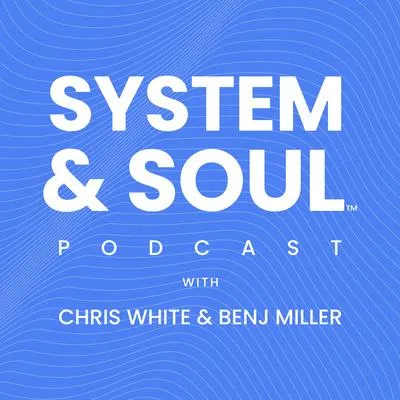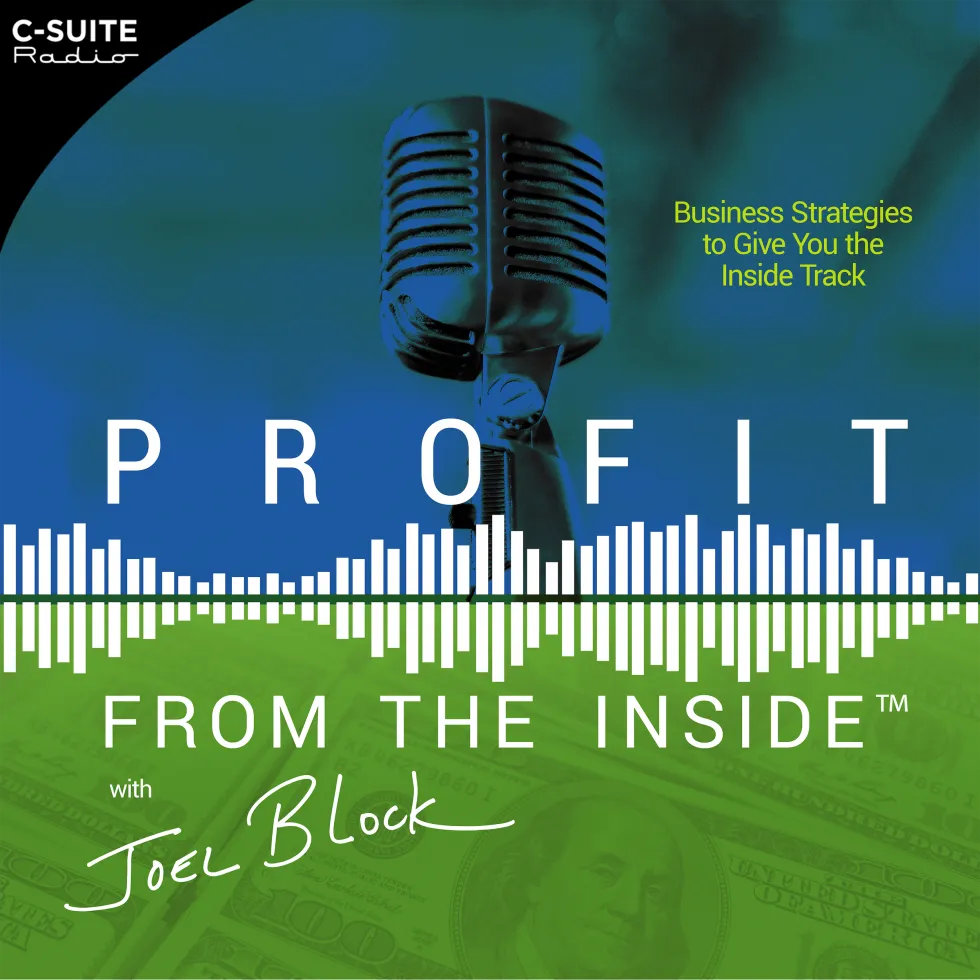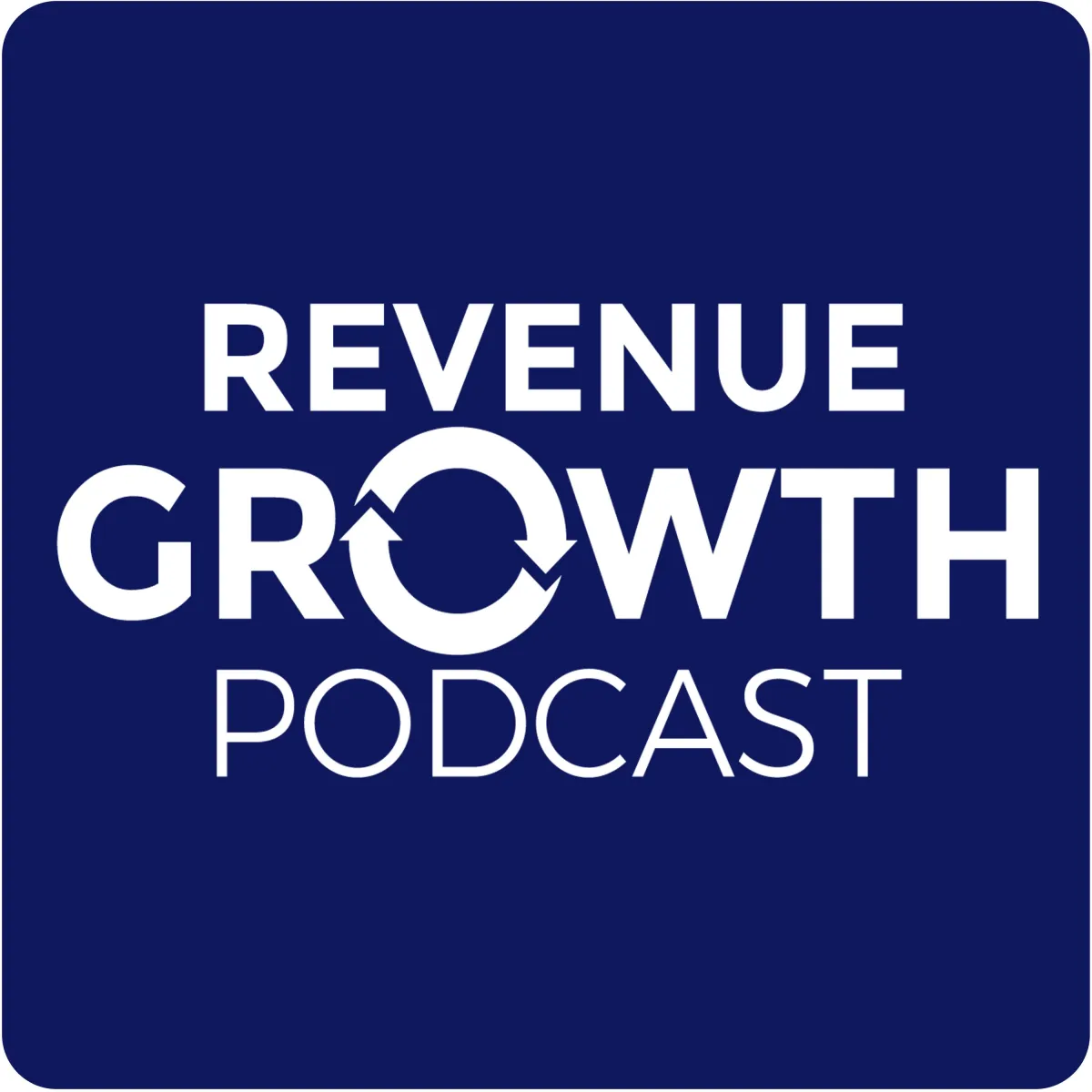Join Darrell Amy for the One Ideal Client Away Challenge, March 20-24
BUILD YOUR REVENUE GROWTH ENGINE
GROW YOUR REVENUE
SCALE YOUR IMPACT!


DESIGN
Your Engine
Come to the 2-day Performance Workshop

BUILD
Your Engine
A mentorship to help you upgrade your sales and marketing processes.

ACCELERATE
Your Growth
Enjoy faster and easier revenue growth as you scale your company.
Build Your Revenue Growth Engine®

During challenging economic times it can be hard to maintain your current revenue, let alone grow it.
We believe you can grow revenue, even in a recession, by getting strategic about your Revenue Growth Engine®.
Real World Stories
Hear some real-world stories of companies building their Revenue Growth Engines®..
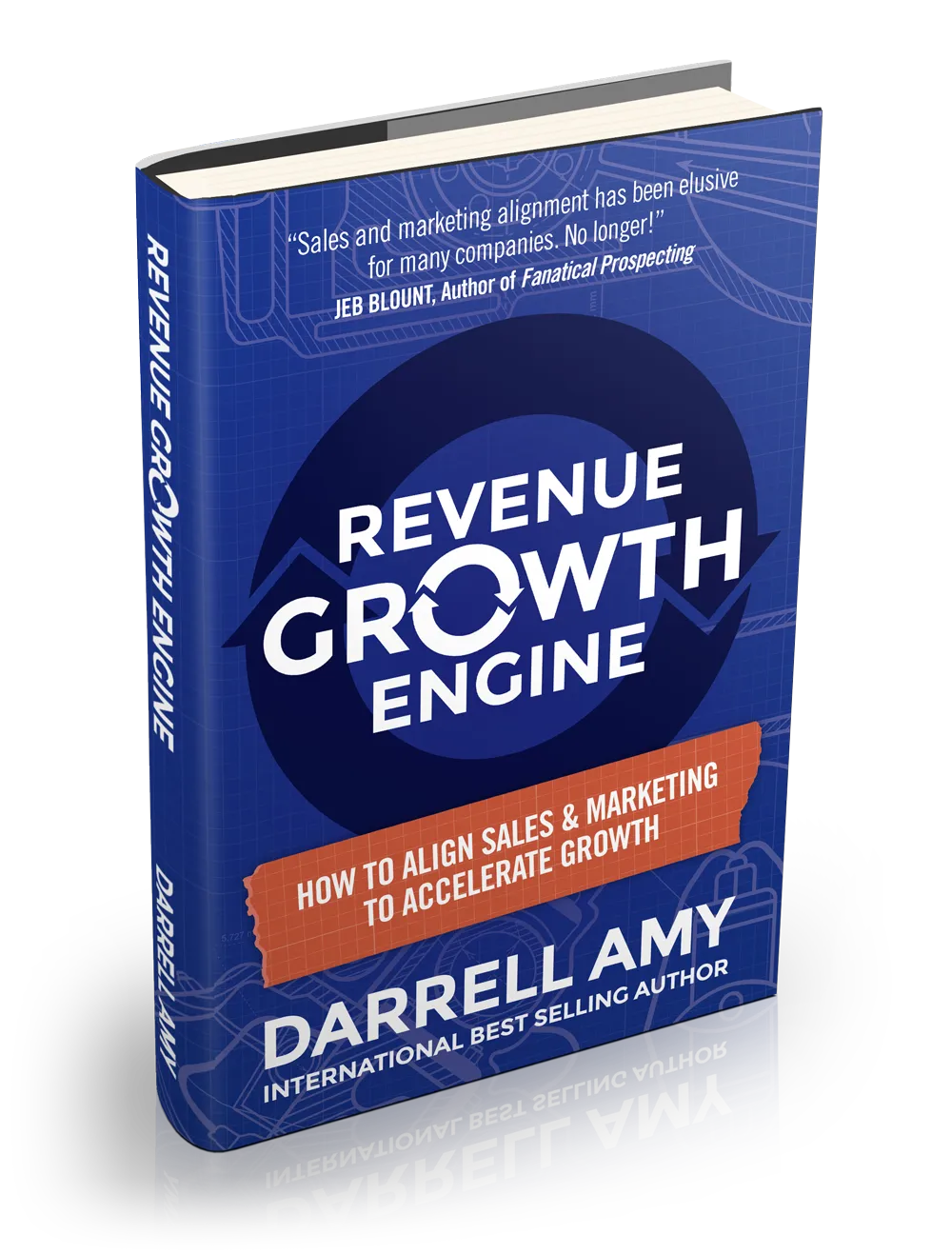
Revenue Growth Engine® , created by Darrell Amy, is a set of tools and resources to help companies scale.
If you own an established business and want to scale your revenue so you can make more of an impact, this is designed specifically for you.

DESIGN
Your Engine
Come to the 2-day Performance Workshop

BUILD
Your Engine
A mentorship to help you upgrade your sales and marketing processes.

ACCELERATE
Your Growth
Enjoy faster and easier revenue growth as you scale your company.
Take the Ultimate Trek and Grow Your Revenue

Build your Revenue Growth Engine
Develop Physical Endurance
Trek to Everest Base Camp
Join adventurous entrepreneurs in an epic journey to scale your business as we train to trek to Mount Everest Base Camp!
Get To Know Darrell
Darrell inspires and equips generous business leaders to grow revenue so they can give back.
As the co-founder of the non-profit Kingdom Missions Fund, Darrell Amy noticed that the largest donations came from business owners, and he wondered how he could help generous business owners quickly grow revenue so they could give even more. With this in mind, Darrell set a goal:
Help 10,000 businesses double revenue to generate $10 billion in new giving.
Darrell’s experience as a leader in sales and marketing has given him a unique perspective on what it takes to grow revenue. Distilling 27 years of experience, Darrell authored Revenue Growth Engine: How To Align Sales & Marketing To Accelerate Growth.
He is a member of the Forbes Business Council and he helps companies maximize growth through sales and marketing alignment. Darrell hosts the Revenue Growth Podcast and co-hosts the Selling From the Heart Podcast. He also volunteers as the executive director of the ManAlive EXPEDITION, an organization that helps men find healing and identity.
When he isn’t helping generous business owners grow their profits in order to give more, Darrell, along with his wife Leslie, enjoy spending time with their children and four grandchildren.

Latest Thinking
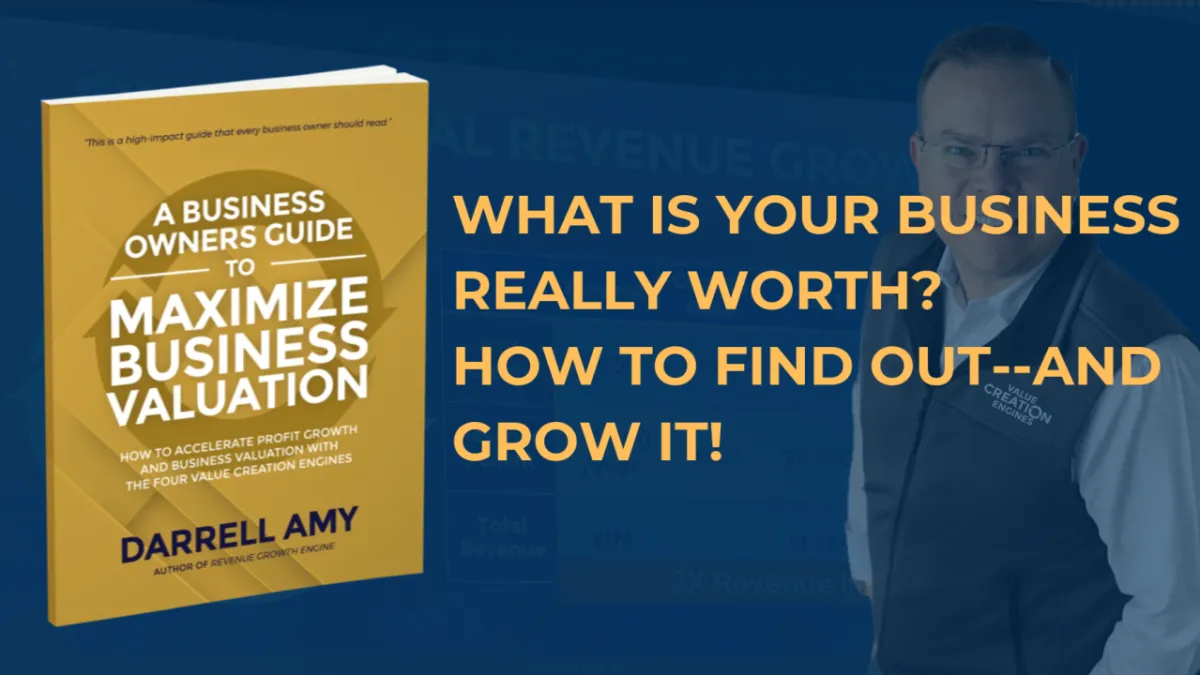
What’s Your Business Really Worth? How to Find Out—and Grow It
When it comes to understanding the value of a business, most owners are looking for a single number—what’s it worth? But here’s the reality: a valuation is not just a number. It’s a mirror, a map, and a measure. And the method you use to value your business shapes the insights you receive. As someone passionate about helping business owners grow with purpose, I’m here to tell you: the market-based approach is the one that opens the door to growth.
The Three Paths to Valuation
Before we zero in on the power of the market-based approach, let’s take a few moments to understand the three primary types of business valuation, who typically conducts them, and what insights they provide.
1. Asset-Based Valuation
This method measures the value of what your business owns minus what it owes. It’s most useful for companies with significant tangible assets or those winding down operations.
There are two main forms:
Book Value: Based on the balance sheet, using historical costs.
Adjusted Net Asset Value: Reflects the fair market value of assets and liabilities.
Who conducts it? Typically, accountants and financial professionals, often in the context of tax reporting, bankruptcy, or liquidation.
2. Income-Based Valuation
This approach focuses on the future earning potential of the business. It estimates value based on the expected income or cash flow, discounted to present value.
Common methods include:
Discounted Cash Flow (DCF): Projects future cash flow and discounts it by a risk-adjusted rate, known as the discount rate. This rate reflects the risk of those future cash flows actually materializing. It takes into account the cost of capital, industry volatility, and company-specific risks. A higher discount rate results in a lower valuation, signaling greater uncertainty; a lower discount rate indicates more confidence in predictable returns.
Capitalization of Earnings: Uses a single-period earnings estimate and a capitalization rate to determine value.
Who conducts it? Again, this is the realm of accountants and valuation analysts, especially for financial reporting, succession planning, or investment purposes.
3. Market-Based Valuation
Rather than focusing inward, this method looks outward—comparing your business to similar businesses in your industry that have been sold.
Key Components of Market-Based Valuation:
Comparable Company Analysis (Comps): This method involves evaluating recent sales of privately held companies that are similar in size, industry, and financial characteristics. By examining how these businesses are valued by the market, you get benchmarks for your own company. It's similar to looking at Zillow comps when valuing a house.
Market Multiples: These are ratios—most commonly price-to-revenue or price-to-EBITDA—that help translate your financial metrics into estimated value ranges. For example, if companies in your industry are trading between 4x and 8x EBITDA, market analysis helps you understand where your business currently falls within that range—and more importantly, what you would need to do to move toward the higher end of the spectrum. This insight becomes a roadmap for boosting your valuation through targeted improvements in areas such as growth strategy, leadership, recurring revenue, and operational efficiency.
Who conducts it? Not your typical accountant. This approach requires a strategic advisor—a Value Creation Guide—who understands not just financials but also growth strategy, market dynamics, and operational benchmarks.
All of these methods have their place, but only one provides strategic insight into what’s happening outside your walls—and that’s the market-based method. It is also the foundation of a strategic plan to increase the value of your business.
Why Market-Based Valuation Is Different
Most valuation methods focus inward—your assets, your earnings, your forecasts. But if you want to grow your business value, you have to look beyond your business. You need to understand how your business performs compared to others like it, what premium companies are doing differently, and where your blind spots might be. That’s the true genius of market-based valuation.
Here’s what it brings to the table:
1. It Shows You What “Best in Class” Really Means
A market-based valuation forces the question: How do we stack up? When you compare your company to others that have sold recently—especially those that earned premium multiples—you gain clarity about what top-performing companies look like. You see what buyers reward, whether it's recurring revenue, a strong leadership bench, or scalable systems. You get a window into what best-in-class margins look like. All of this helps you set goals and prioritize actions.
2. It Identifies the Gaps Holding You Back
Market-based valuations don’t just benchmark your value—they highlight what’s missing. Why is that company selling for 10x EBITDA while yours is estimated at 4x? Often, the answer reveals the very things that need attention: weak customer concentration, lack of documented processes, no growth strategy. These gaps become your growth roadmap.
3. It Provides a Path to Grow Enterprise Value
When you know what the market rewards, you can focus your strategy on moving the needle. Imagine shifting from just growing revenue to growing valuation. That changes everything—from how you prioritize initiatives, to how you build your leadership team, to how you reinvest profits. This becomes more than a number—it becomes a playbook for building a valuable, sellable, and scalable business.
Valuation as a Leadership Tool
The market-based approach doesn’t just assess your business today—it reveals a clear path to what’s possible tomorrow. It offers a forward-looking lens that aligns your strategic focus with what the market truly values, empowering you to lead your company toward increased relevance, scalability, and long-term success.
This is why we believe valuation is The Ultimate Scorecard Metric. It's not just about what your business is worth today—it's a dynamic measure of how well your company is positioned to succeed and scale. When viewed through the lens of market-based analysis, valuation becomes the clearest indicator of whether your strategies, operations, and leadership are aligned with what the market rewards.
That's also why every business should focus on improving their Value Creation Engines. These are the systems and strategies that drive recurring revenue, scale operations, build leadership capacity, and reduce risk. When optimized, they don’t just grow revenue—they increase valuation.
The market-based approach doesn’t just value your business today. It opens your eyes to what's possible tomorrow.
Let’s Shift the Conversation
To every business owner reading this, I want to challenge you to think differently:
Don’t just ask "What’s my business worth?"
Ask "What’s keeping my business from being worth more?"
And most importantly, ask "What can I do to close that gap?"
When you engage in a market-based valuation with the right guide, you get more than a number—you get a vision.
You gain insight into what buyers care about and what makes top-performing companies command premium multiples. And you’re empowered to make smart, intentional moves to grow your valuation over time.
The Bottom Line
You deserve more than a number. You deserve a plan. Market-based valuation gives you both.
If you're serious about creating a business that's both valuable and sellable, let's talk. I’d love to help you discover what your market says about your business—and more importantly, how you can lead it to greater value.
Originally published on Darrell Amy's LinkedIn.
Find Fresh Ideas To Grow Your Revenue
Are you looking for ways to scale your business? Welcome to the Revenue Growth Podcast with Darrell Amy. This is the place for business owners, sales leaders, and marketing professionals to get ideas an inspiration to drive exponential revenue growth. Each week you’ll get actionable insights from the world
LET'S TALK ABOUT YOUR REVENUE GROWTH ENGINE
CONTACT US
+1 (501) 361-2412

